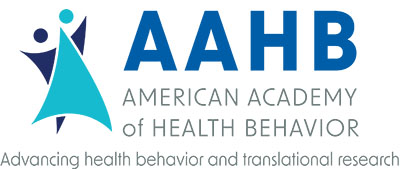 |
2026 Research Laureate Winner
Jay Maddock, PhD, FSBM, FAAHBMore Info
|
 |
2025 Research Laureate Winner
Adam Leventhal, PhDMore Info
|
 |
2024 Research Laureate Winner
Scott D. Rhodes, PhD
More Info
|
 |
2023 Research Laureate Winner
Robert J. McDermott, PhD
More Info
|
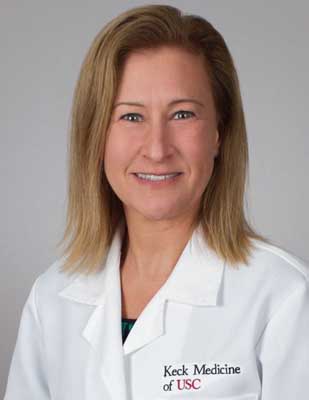 |
2020 Research Laureate Winner
Jennifer B. Unger, PhD
More Info
|
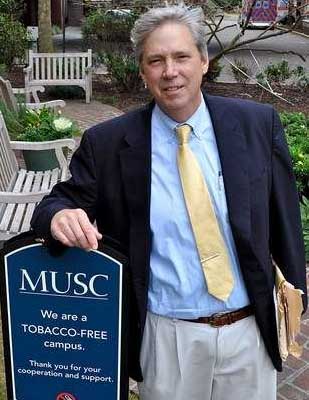 |
2019 Research Laureate Winner
Kenneth Michael Cummings, PhD, MPH
More Info
|
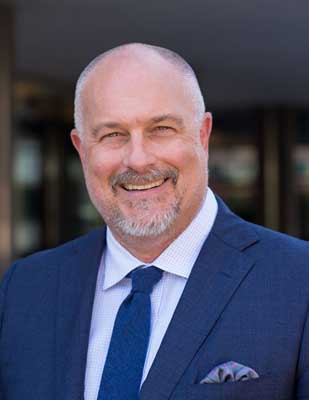 |
2018 Research Laureate Winner
John D. Clapp, PhD
More Info
|
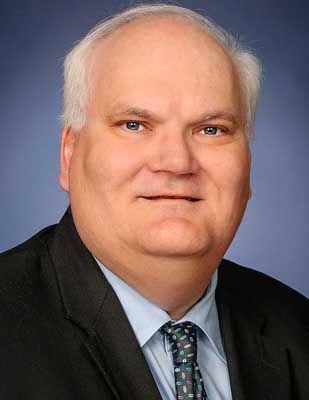 |
2017 Research Laureate Winner
Kenneth D. Ward, PhD
More Info
|
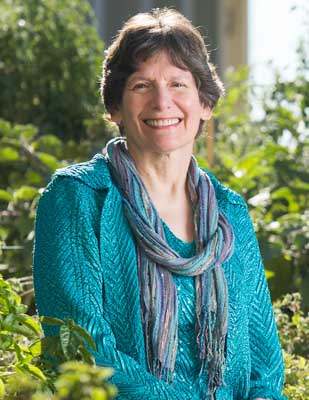 |
2016 Research Laureate Winner
Marcia G. Ory, PhD
More Info
|
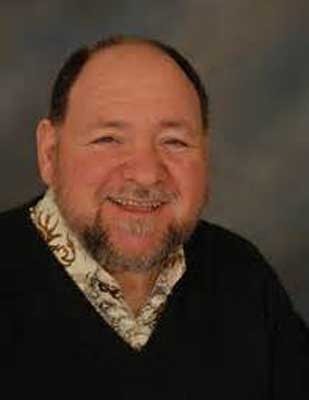 |
2015 Research Laureate Winner
Dr. Gary L. Kreps
More Info
|
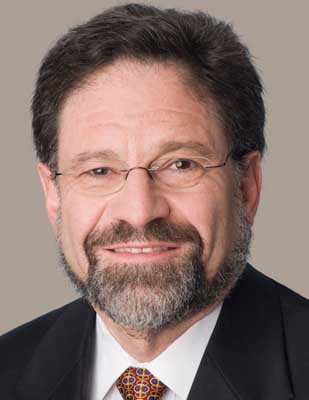 |
2014 Research Laureate Winner
Dr. David B. Abrams
More Info
|
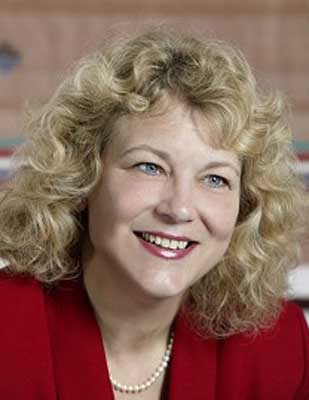 |
2012 Research Laureate Winner
Dr. Andrea Gielen
More Info
|
 |
2011 Research Laureate Winner
Dr. John Lowe
More Info
|
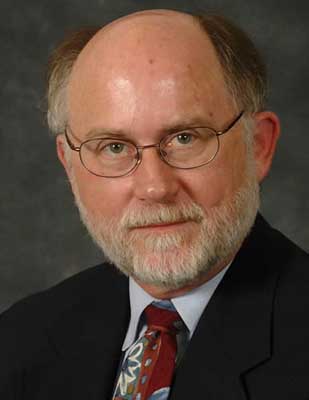 |
2010 Research Laureate Winner
Dr. Ken McLeroy
More Info
|
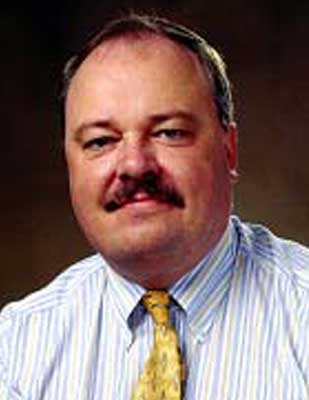 |
2009 Research Laureate Winner
Dr. Ray Niaura
More Info
|
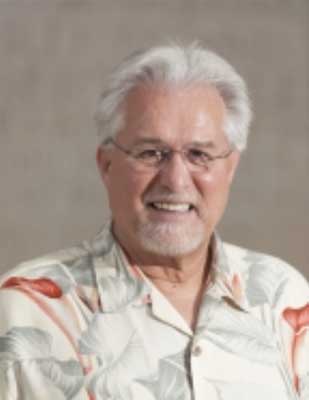 |
2008 Research Laureate Winner
Dr. Elbert D. Glover
More Info
|
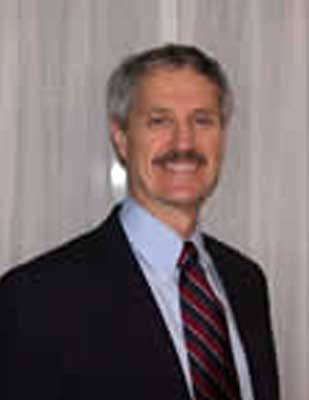 |
2007 Research Laureate Winner
Dr. Bruce Simons-Morton
More Info
|
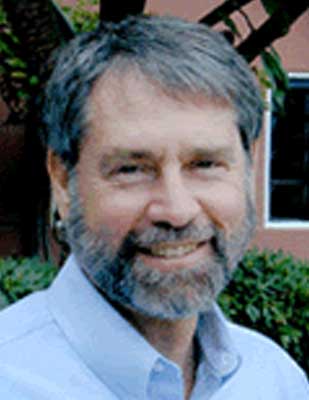 |
2006 Research Laureate Winner
Dr. Herb Severson
More Info
|
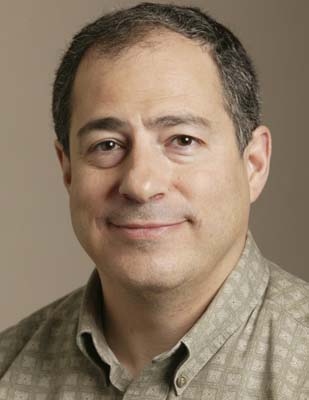 |
2005 Research Laureate Winner
Dr. Steve Sussman
More Info
|
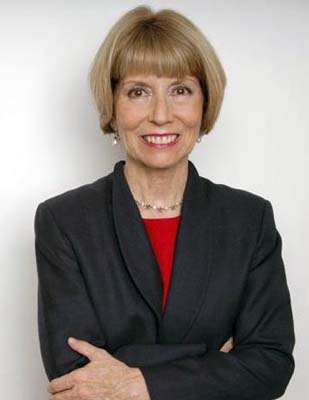 |
2004 Research Laureate Winner
Dr. Cheryl Perry
More Info
|
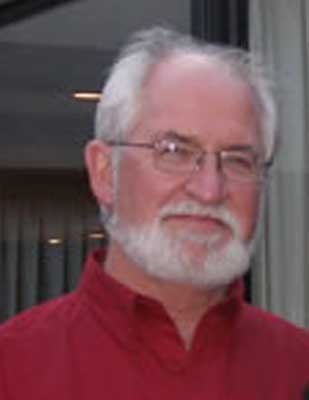 |
2003 Research Laureate Winner
John Elder, PhD, MPH
More Info
|
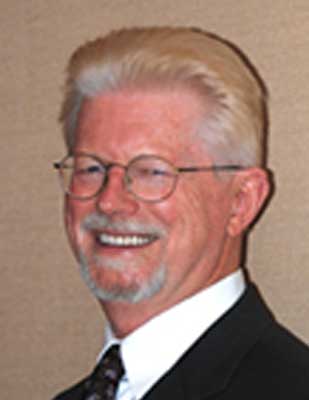 |
2002 Research Laureate Winner
Brian R. Flay, D. Phil
More Info
|
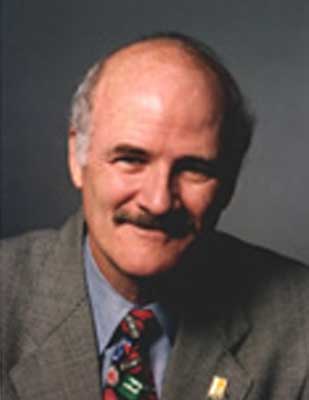 |
2000 Research Laureate Winner
Lawrence Green, DrPH, ScD (Hon)
More Info
|
